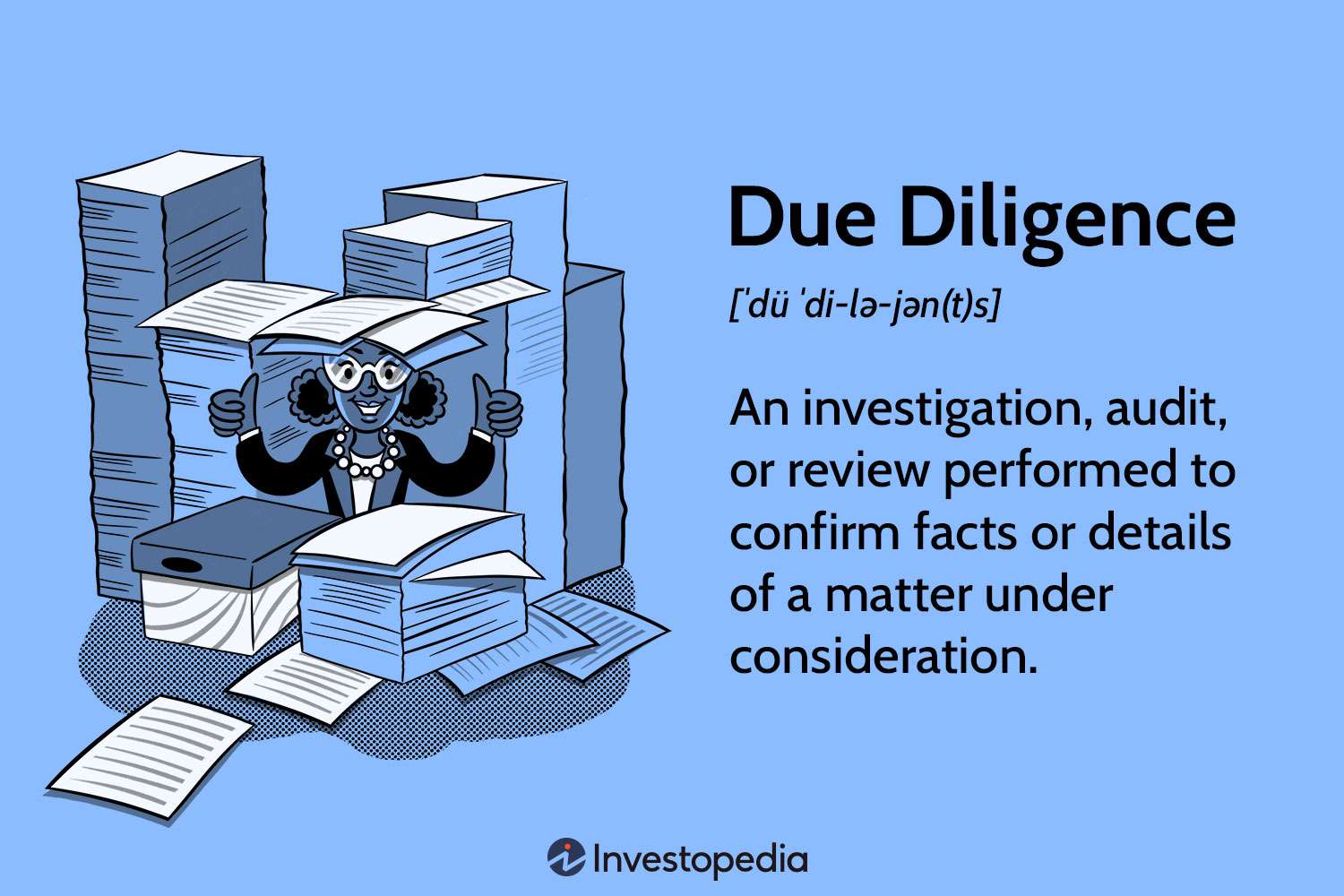Legal Due Diligence Before Investment: A Comprehensive Guide
Investing in or acquiring a company is a significant decision that requires careful consideration and meticulous analysis. One of the most critical steps before finalizing any investment is performing legal due diligence. Legal due diligence is the process of thoroughly investigating a company's legal and regulatory compliance, contracts, debts, intellectual property, and potential liabilities. This process helps investors uncover hidden problems and assess risks before they become their own. In this article, provided by Legal Marketplace Consultant, we will explore the essential components, benefits, and best practices of legal due diligence before investment.
What is Legal Due Diligence?
Legal due diligence is an extensive review conducted by investors, legal advisors, or acquisition teams to evaluate all legal aspects of a target company before making an investment or acquisition. Its primary purpose is to verify the accuracy of information provided by the company, identify potential legal risks and liabilities, and ensure compliance with applicable laws and regulations.
This process is an indispensable safeguard against unforeseen issues that could negatively impact the value or viability of the investment. The scope of legal due diligence varies based on the size, complexity, and industry of the company in question, but it generally covers contracts, litigation, debts, intellectual property rights, regulatory compliance, corporate governance, and employment matters.
Why is Legal Due Diligence Essential for Investors?
Smart investors don't rely on assumptions or superficial checks. They confirm all pertinent information to make informed decisions. Undertaking thorough legal due diligence can:
- Prevent costly surprises after the investment.
- Reveal undisclosed liabilities or legal disputes.
- Assess contractual obligations that may affect future operations.
- Protect intellectual property and confirm ownership rights.
- Validate compliance with tax, labor, environmental, and other regulations.
- Assist in negotiating better terms or pricing based on discovered risks.
Key Areas to Verify in Legal Due Diligence
During the due diligence process, it is essential to examine the following critical areas:
- Contracts and Agreements: Review all material contracts, including customer and supplier agreements, leases, partnership agreements, loan agreements, and non-disclosure agreements. Confirm their validity, terms, renewal conditions, and any potential liabilities or breaches.
- Debt and Financial Obligations: Analyze the company's outstanding debts, loans, guarantees, and contingent liabilities. Verify the terms of financing arrangements and any pledges on assets.
- Intellectual Property (IP): Confirm the company’s ownership or licenses for trademarks, patents, copyrights, trade secrets, and software. Verify registrations and any infringements or disputes.
- Litigation and Disputes: Investigate any past or pending lawsuits, government investigations, or regulatory actions that could impact the company financially or reputationally.
- Regulatory Compliance: Ensure adherence to industry-specific regulations, employment laws, tax obligations, environmental rules, and licensing.
- Corporate Governance and Structure: Examine corporate documents, ownership structure, shareholder agreements, board resolutions, and authorization to sign documents.
- Employment and Labor Matters: Review employment contracts, benefits, disputes, severance obligations, and compliance with labor laws.
Step-by-Step Legal Due Diligence Process
Performing legal due diligence requires a systematic approach conducted by experienced legal professionals to maximize the effectiveness of the review. The common steps include:
- Preparation and Planning: Define the scope of due diligence based on the target company’s industry, size, and the nature of the investment. Assemble a due diligence team, including lawyers, financial analysts, and other experts.
- Document Collection: Request and collect all relevant legal documents, contracts, licenses, permits, corporate records, and disclosures from the target company.
- Review and Analysis: Conduct detailed examination and evaluation of the documents to identify risks, obligations, and legal gaps.
- Interviews and Clarifications: Engage with the company's management and legal counsel to clarify unclear aspects or obtain additional information.
- Reporting: Prepare a comprehensive due diligence report outlining the findings, risks, and recommendations.
- Decision Making: Use the due diligence report to guide investment decisions, negotiations, and contractual protections.
Common Challenges in Legal Due Diligence
Despite its importance, legal due diligence often encounters several challenges, including:
- Incomplete or inaccurate information from the target company.
- Time constraints pressuring thorough analysis.
- Complex regulatory environments across jurisdictions.
- Difficulty accessing all relevant documents or stakeholders.
- Identifying disguised liabilities or undisclosed obligations.
Addressing these challenges requires a strategic approach, clear communication, and collaboration with specialized legal experts.
Benefits of Engaging a Professional Legal Team
Engaging experienced legal professionals for due diligence brings several advantages:
- Expertise in identifying hidden risks and liabilities.
- Efficient document review and analysis.
- Ensuring compliance with current laws and regulations.
- Providing strategic advice tailored to the specific investment.
- Facilitating negotiation of warranties, indemnities, and contractual terms.
At Legal Marketplace Consultant, we offer comprehensive legal due diligence services that cover every critical aspect to protect your interests and support your investment decisions in 2025 and beyond.
Case Studies
To illustrate the importance of legal due diligence, consider the following examples:
- An investor planned to acquire a tech startup but discovered through due diligence that critical intellectual property was disputed, leading to renegotiation of the purchase price.
- A manufacturing company’s pending environmental litigation was uncovered during due diligence, prompting the investor to require indemnification clauses in the acquisition agreement.
- Review of employment contracts revealed potential severance liabilities that the buyer negotiated to mitigate post-acquisition costs.
Tips for Successful Legal Due Diligence
To maximize the benefits of legal due diligence, consider the following tips:
- Start the due diligence process early to allow sufficient time for comprehensive review.
- Clearly define the scope and objectives of the due diligence to focus efforts efficiently.
- Engage specialized legal professionals with industry-specific knowledge.
- Maintain open communication with the target company to facilitate access to information.
- Document all findings meticulously to support decision making and negotiations.
Conclusion
Legal due diligence is a vital process that helps investors identify risks, uncover liabilities, and verify compliance before committing to an investment or acquisition. Conducting thorough legal due diligence safeguards your investment by providing clarity and protection against unforeseen legal and financial issues. Always remember that smart investors confirm facts—they do not assume.
If you require expert legal assistance with due diligence or any investment-related legal services, Legal Marketplace Consultant is ready to support you. Reach out via the communication channels in our profile bio or send a private message to discuss your needs.
Legal Marketplace Consultant specializes in comprehensive legal services including due diligence, contract review, regulatory compliance, and intellectual property protection to empower smart investment decisions.































